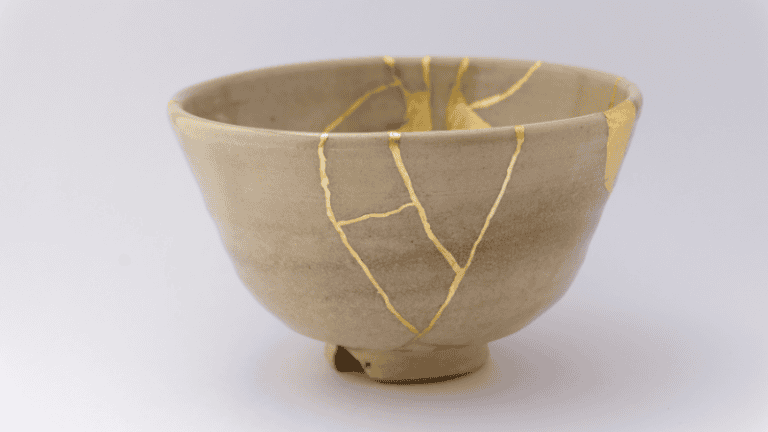Descartes summarized in 3min: everything you need to know
When it comes to broadening our horizons, a little bit of wisdom can sometimes make an enormous difference. This is especially true of quotes attributed to the famous thinker René Descartes and his passion for philosophy. Over the centuries, his words have been used as a bible of sorts by people searching for their own answers in life - from discovery and exploration to self-reflection and understanding. In this blog post, we'll unravel Descartes so you can navigate the often stormy waters of life with more clarity.
Descartes and his place in history

Descartes was born in La Haye, France in 1596 and grew up to be one of the most influential thinkers in history. He is considered one of the most important pioneers of modern philosophy and mathematics. His work focused on metaphysics, epistemology, and logic. In 1618, he published his magnum opus, a treatise entitled Meditations on First Philosophy. This work is now considered one of the most influential works in Western philosophy and was the basis for many philosophical theories that followed.
Descartes and the quotation "I think, therefore I am".
If you've ever heard of René Descartes, you know he's a pretty famous philosopher from back in the day. Maybe you know one of his most famous quotes:
"I think, therefore I am."
René Descartes
It's a pretty simple statement, but it's actually very profound. Basically, Descartes was saying that the only thing he could be absolutely sure of was the fact that he existed, because even if someone or something tricked him into believing he existed, there still had to be a "him" that was tricked. This is a fascinating thought that shows that philosophy can be quite amazing.
About Descartes influence on philosophy and science
Descartes is widely regarded as one of the most influential thinkers of the modern era. In fact, he is often referred to as the "father of modern philosophy." Why? Well, for starters, he challenged traditional beliefs with his method of doubt and paved the way for scientific thought. Descartes believed that knowledge should be based on reason and not just faith or tradition. This led him to develop a new form of mathematics and a framework for understanding the physical world that still influences science today.
In short, Descartes left a lasting impact that changed the way we think about the world and our place in it.
Analyze how modern science uses logic and reason to solve problems
When it comes to solving problems in modern science, logic and reasoning are key players in the game. Scientists use these tools to analyze data, form hypotheses, and conduct experiments to test their ideas. It's a methodological approach that emphasizes critical thinking and careful observation. With logic guiding their thoughts and reason governing their actions, scientists are able to unravel the mysteries of the universe - from the smallest particles to the vast expanse of space. It's an exciting process that requires patience, determination and a good dose of curiosity. So the next time you marvel at the latest scientific discovery, remember that it all started with a simple question and the will to solve problems logically.
Explore how we can apply Descartes' thought process to everyday life
We have already looked at Descartes "I think, therefore I am". But his thought process goes beyond this quote. His thought process, which he lays out in his book "Meditations on First Philosophy," can be applied to everyday life.
One way to do this is to question our beliefs and assumptions. For example, if we believe something to be true, we can ask ourselves why we believe it and whether there is evidence to support our belief. Another way is to break down complex problems into smaller, more manageable parts. This can help us think more clearly and come up with better solutions. So the next time you face a challenging situation, take a cue from Descartes and approach it with a thoughtful and analytical mindset.
Finally, a call to readers to reflect on their own beliefs
So there you have it. We've been through a lot together and hopefully you've gained some new insights and perspectives. But now it's time to stop and think about your own beliefs.
Take a moment and ask yourself: What do you really stand for? What values are important to you? And how do these beliefs shape your actions and your interaction with the world around you?
It can be scary to confront your own beliefs, but it is only through this self-reflection that we can grow as individuals and as a society. So I challenge you to dig deep inside yourself and ask yourself these difficult questions. And who knows, you might discover something new about yourself.







